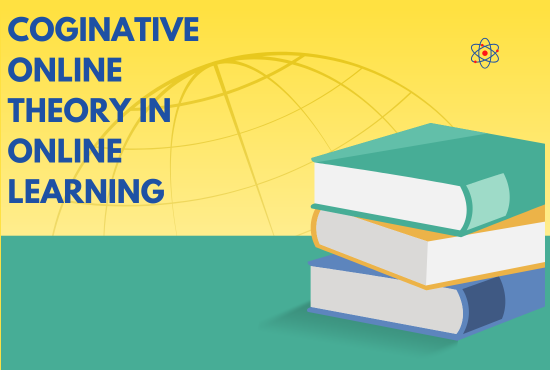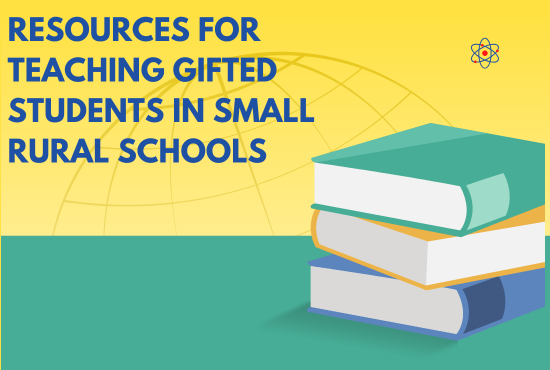Alternative Learning Pathways: Exploring Non-Traditional Education Models
Updated: 04 Jul 2025
Discover the rise of alternative learning pathways as non-traditional education models reshape the future of learning. Explore flexible, personalized approaches like online courses, apprenticeships, and more, offering diverse opportunities for growth and success.
Elective Learning Pathways: Investigating Modern Training Models
Lately, the universe of training has seen a developing movement towards forward thinking learning pathways. These options in contrast to the customary homeroom model are building up forward movement as the two understudies and teachers look for more adaptable, customized, and available ways to deal with learning. From online courses and professional preparation to experiential learning and crossover models, elective schooling is offering better approaches to gain abilities and information past the customary four-year advanced education.
The Requirement for Elective Learning Pathways
The regular school system, commonly organized around essential, auxiliary, and tertiary tutoring, has for some time been viewed as the standard course for obtaining information and getting profession open doors. Be that as it may, in a quickly changing worldwide scene, this customary model is progressively viewed as lacking for meeting the different requirements of understudies.
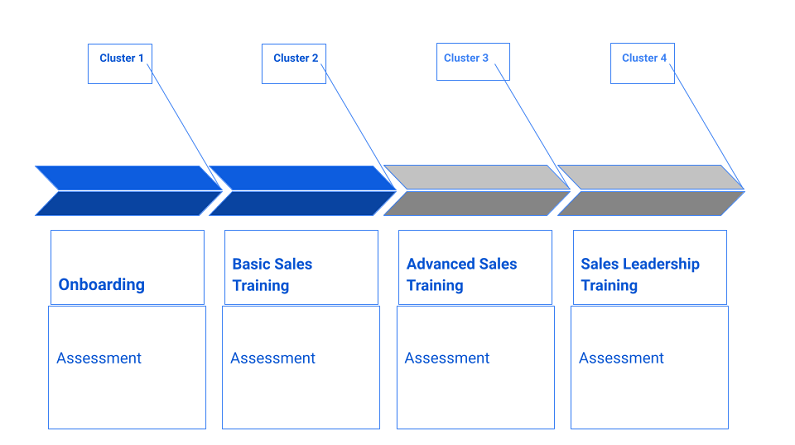
A few elements are driving the interest for elective learning pathways:
- Technological Advancements: The computerized age has introduced better approaches for getting to data and learning materials. Online stages, instructive applications, and e-learning devices are changing the way in which understudies cooperate with content and teachers, empowering them to learn at their own speed.
- Rising Expenses of Conventional Education: The taking off expenses of schooling cost and understudy loan obligation have made customary instruction less open for some individuals. Understudies are progressively searching for additional reasonable options that offer substantial abilities without the monetary weight.
- Changing Position Market: The quick speed of innovative and monetary change has made some work market that values explicit, attractive abilities over conventional degrees. As businesses develop, bosses are putting more noteworthy accentuation on pragmatic experience and skills as opposed to customary scholarly capabilities.
- Diverse Learning Styles: Not all understudies flourish in a conventional homeroom setting. A few students might favor involved, project-based learning, while others could profit from independent, online instruction. Elective pathways take care of various learning inclinations, advancing a more comprehensive way to deal with training.
Key Elective Learning Pathways
- Online Learning and MOOCs
Online schooling has detonated in prominence over the course of the past 10 years, with stages like Coursera, edX, and Udemy offering seminars on many subjects. Huge Open Internet based Courses (MOOCs) are especially remarkable for their availability and adaptability. These stages frequently highlight courses planned by colleges and driving specialists in the field, covering all that from coding and man-made consciousness to experimental writing and business the board.
Web based learning gives understudies the opportunity to seek after their inclinations, learn at their own speed, and frequently for a portion of the expense of conventional training. Moreover, affirmations and certifications acquired through these stages are progressively perceived by managers.

- Vocational and Specialized Education
Professional and specialized schooling centers around creating functional, work explicit abilities in fields like medical care, development, IT, and assembling. Not at all like conventional scholarly projects, professional preparation is many times more limited in span and all the more straightforwardly connected to explicit vocation ways. Numerous professional schools offer active opportunities for growth and temporary jobs, permitting understudies to acquire true insight while they review.
This approach gives a proficient and financially savvy pathway for understudies looking to enter the labor force rapidly and with abilities that are sought after. Numerous professional and specialized programs additionally offer adaptable learning choices, including night and end of the week classes, which can be great for working grown-ups.
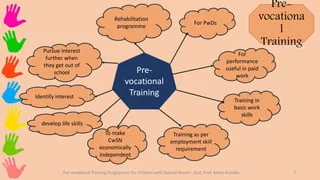
- Apprenticeships and Internships
Apprenticeships and entry level positions offer students the chance to acquire down to earth insight while being coached by experts in the field. These models mix hands on preparing with study hall guidance, making a more vivid opportunity for growth. Apprenticeships are especially normal in gifted exchanges like pipes, electrical work, and carpentry, yet they are additionally progressively found in areas like innovation and money.
For understudies, apprenticeships and temporary jobs give important systems administration valuable open doors and active abilities that are profoundly appealing to businesses. They are likewise a more reasonable choice for the individuals who might not have the monetary assets to go to a full-time school program.
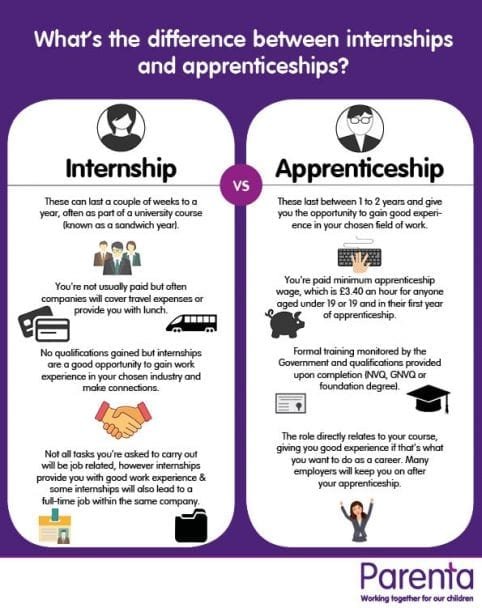
- Project-Based Learning (PBL)
Project-Based Learning (PBL) is an instructive methodology where understudies advance by chipping away at true undertakings, frequently in cooperative groups. This model energizes decisive reasoning, inventiveness, and critical thinking abilities, as understudies tackle complex difficulties and produce unmistakable results. PBL is acquiring notoriety in both K-12 schooling and advanced education, as it offers a seriously captivating and useful way to deal with learning.
In PBL conditions, understudies are uninvolved beneficiaries of data as well as dynamic members in their schooling. They are given the independence to investigate subjects that premium them while creating adaptable abilities that are exceptionally esteemed by bosses.

- Microcredentials and Badges
Microcredentials and computerized identifications are turning into an inexorably well known method for perceiving and approve explicit abilities and accomplishments. These qualifications are in many cases presented by online stages, proficient associations, or even bosses, and they give a more granular degree of acknowledgment than customary degrees.
Microcredentials center around showing explicit capabilities or abilities, like information investigation, advanced advertising, or task the executives. They are frequently more limited and more designated than customary degree programs, making them an incredible choice for students who need to upskill rapidly or turn into another profession.

- Homeschooling and Independent Learning
Self-teaching is an instructive elective that permits understudies to learn beyond the conventional educational system, frequently inside the solace of their own homes. This model gives understudies and guardians more command over the educational plan, speed, and climate in which learning happens.
Also, independent learning enables understudies to assume responsibility for their schooling. This approach supports autonomous examination, investigation, and objective setting. Understudies who follow independent learning pathways are frequently propelled by interest and inborn interest, as opposed to outside tensions like grades or tests.

Advantages of Elective Learning Pathways
- Personalized Learning: Elective pathways permit students to pick the speed, style, and focal point of their schooling, taking special care of their remarkable necessities and interests. This outcomes in a more custom fitted and connecting with opportunity for growth.
- Affordability: Numerous elective instruction choices are more reasonable than conventional degrees, decreasing the monetary boundaries to getting to quality training. With the ascent of free and minimal expense online courses, schooling has become more open to a worldwide crowd.
- Flexibility: Modern learning pathways frequently give adaptability concerning time, area, and arrangement, permitting students to offset instruction with work or family obligations.
- Real-World Relevance: Elective learning models will generally focus on useful abilities and experience over hypothetical information. This guarantees that understudies are exceptional for the labor force and can add to industry advancement.
- Lifelong Learning: With the fast speed of progress in numerous businesses, the requirement for nonstop ability improvement is more noteworthy than at any other time. Elective learning pathways give a way to long lasting getting the hang of, assisting people with remaining serious in the gig market.
Difficulties and Contemplations
While elective learning pathways offer various benefits, they likewise accompany difficulties. The absence of a normalized framework for certifications, shifting degrees of acknowledgment by businesses, and likely holes in socialization or support designs can present obstructions for certain understudies. Furthermore, while online training is open, it may not be reasonable for all learning styles, especially for the people who flourish in additional organized, eye to eye conditions.

End
Elective learning pathways are reshaping the eventual fate of training, offering understudies more customized, adaptable, and reasonable choices to procure the abilities and information required for outcome in the cutting edge world. As the interest for different opportunities for growth keeps on rising, instructive foundations, businesses, and policymakers should cooperate to make frameworks that help these contemporary models, guaranteeing that students approach many chances to shape their future.


